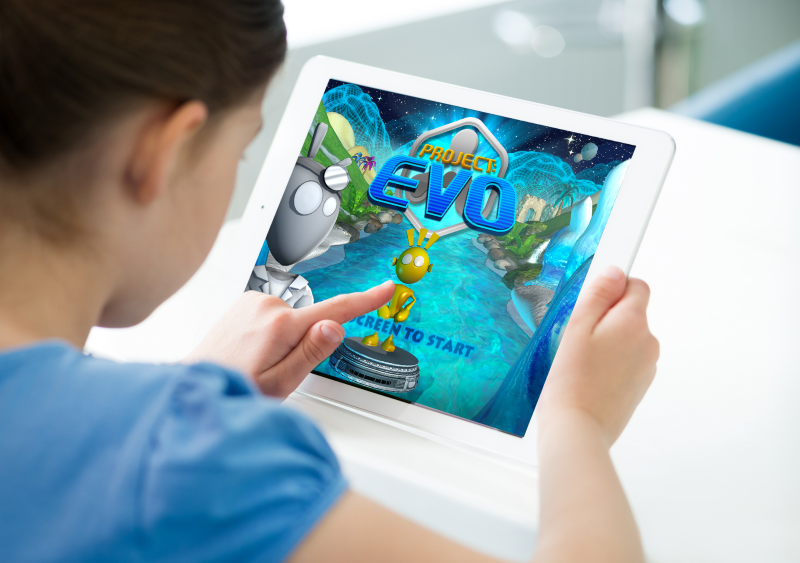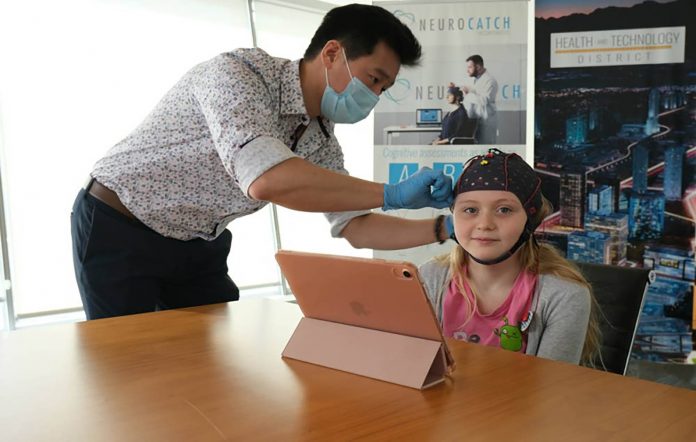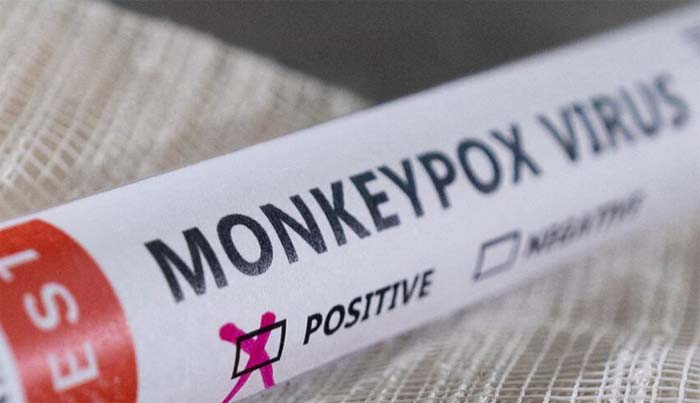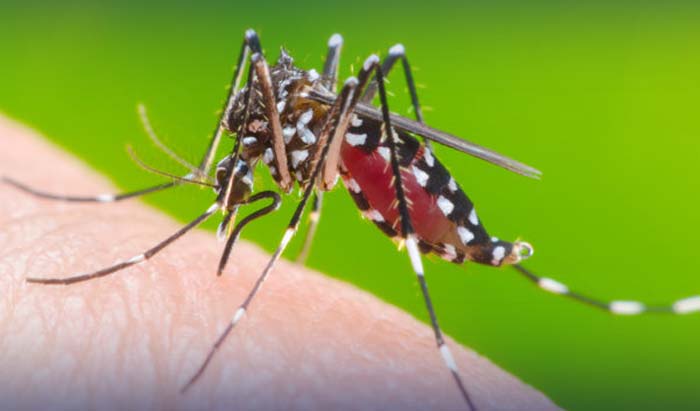During a series of 35 tests, children with cognitive disabilities were invited to play the game, specially created to improve brain function. The tests are so far proving positive, suggesting that brain function can be improved through this medium.

The Dino Island Intervention Project created Dino Island especially for the purposes of the study. The game itself is an exploration adventure, taking place on a fictional island where puzzles adapt to the players successes and failures in order to keep them motivated.
Sarah Macoun, the principal investigator with the Dino Island Intervention Project spoke to Times Colonist about her intentions for the project and its impact on brain flexibility and self-regulation. “We know that those abilities are universally impacted in children with all neurodevelopmental disabilities, brain injuries or chronic health problems,” said Macoun. “And if not addressed early on they can lead to secondary problems.”
Initially, Dino Island is being trialled by children with autism and is designed to be played with a parent or teacher in the room. Each mini-game rewards the player with coins, which can be used to purchase items for the in-game character, as the challenges adapt to the child’s performance.








